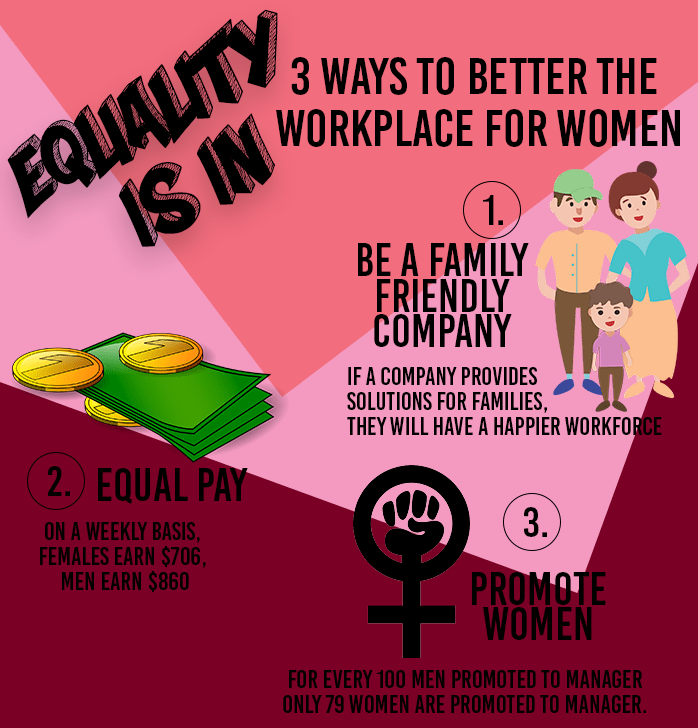You have an open position in your company, you put out a detailed job description online and in comes numerous resumes. You pick your top prospects and you’re ready to interview them. Our question is, what do you look for in the ideal candidate? You obviously want someone with the background and experience, but there are other factors that come into play. So, what are some key qualities you look for in an interviewee? Funny you ask, they all start with P’s!
-
Passion
The ideal candidate has the right experience for the job, but do they have the passion and enthusiasm? There’s a quote that says, “Choose a job you love, and you’ll never have to work a day in your life.” You’ll want to hire someone who is excited about the opportunity and puts a little zest into everything they do.
-
Personality
When you hire someone, that person should be someone who you think you can get along with. You’ll spend 40 hours a week with each other and it will drive you crazy when the person you’re talking to is spineless. It’s like talking to a wall! Find someone with a sense of humor and good character.
-
Positivity
No Negative Nancies! It’s hard enough to succumb to the rumors and gossip around the office, but when your coworker bashes other employees, talks trash on other companies, or complains about everything they do, it gets frustrating. Positive employees make for peaceful and fun workplaces. Plus, positivity rubs off on other people!
-
Player
Being a team player is a key quality to look for in an ideal candidate. There are many situations where people will have to work with others for group projects. Being a team player and teamwork motivates unity in the workplace and promotes workplace synergy.
-
Potential
Look into the future. Where do you see these candidates in a couple months from now? A couple years? It’s important when hiring a candidate, you look for long term potential. Do you see them impacting the company positively in the next 6 months? You also must ask yourself if they are committed to the company and the position. Look into their past positions and see how long they stayed with their past companies.
When looking for the ideal candidate, there are a lot of things to consider. First impressions make final decisions. So, candidates, just be your best self. And clients, hire someone that brings a lot to the table. Don’t just hire someone for their experience.





